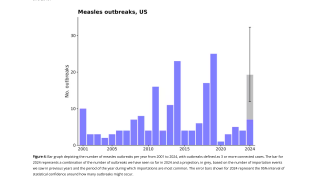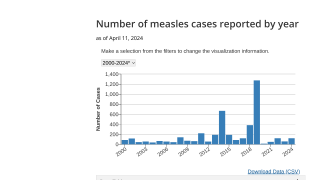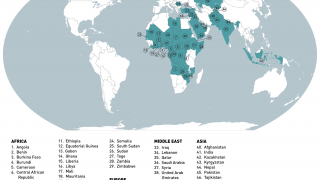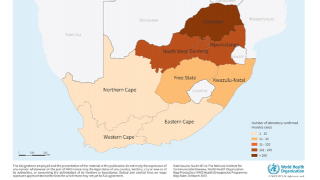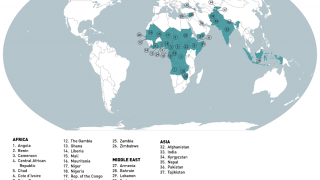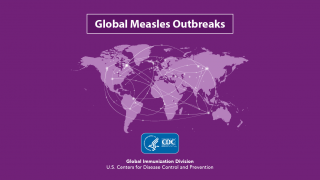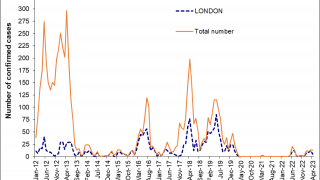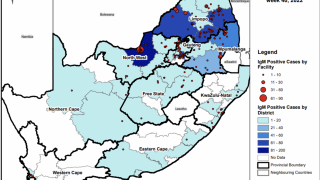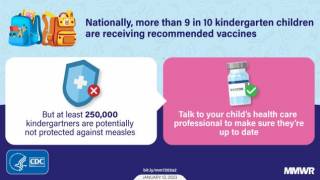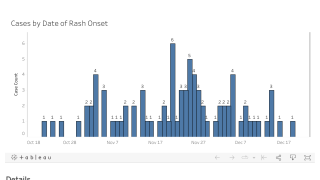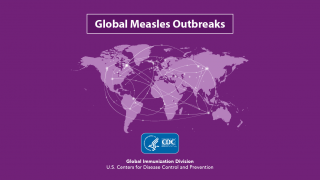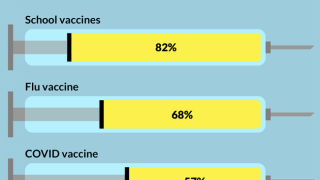Pregnancy Frequent Flying Tips

If you are considering a babymoon before your due date, women probably have more than a few questions about traveling while pregnant.
Before booking any air trips, there are a few factors to consider, says Ob/Gyn Kristen Ekman, MD, with the Cleveland Clinic.
On November 29, 2022, the Clinic published an article, "For the most part, the closer you are to the due date, the closer you should stay to home," Dr. Ekman advises.
"Most airlines restrict pregnant passengers from boarding planes in the last month of pregnancy."
The U.S. CDC confirmed in June 2022 that before scheduling a cruise or air travel, check the operator policies for pregnant women.
Some airlines will let you fly until 36 weeks, but others may have an earlier cutoff, and travelers may need a note confirming fitness to travel.
Furthermore, according to the CDC, expecting mothers should avoid some destinations, including those with risks of Zika, cholera, and measles viruses.
For example, given how easily the measles virus spreads in closed environments such as airplanes, travelers should be aware of local outbreaks.
Furthermore, pregnant women who develop travelers' diarrhea or other gastrointestinal infections from cholera may be more vulnerable to dehydration.
The CDC offers these tips:
- Make an appointment with your healthcare provider or a travel vaccine specialist at least one month before you leave. They can help you get destination-specific vaccines, medicines, and information.
- Plan for unexpected events as much as possible. Doing so can help you get quality healthcare at your destination. Traveling to areas where obstetric care may be less than the standard at home is inadvisable.
- Be sure your healthcare policy covers pregnancy and neonatal complications while overseas if it doesn't get travel health insurance that covers those items.
- Some experts report that the risk of deep vein thrombosis in pregnancy is 5–10 times higher. Preventive measures include frequent stretching and walking while traveling.
- And later-stage pregnant women should avoid high-altitude activities, such as when skiing.
The second trimester is an ideal time to travel during your pregnancy. It's typically when people feel their best during pregnancy.
"For many women, the first trimester is dominated by morning sickness and discomfort as your body adjusts to the pregnancy," Dr. Ekman explains.
"The third trimester is generally more uncomfortable; it's a good idea to be near your healthcare provider as your due date approaches."
For women traveling in the third trimester of pregnancy, it is recommended to identify international medical facilities capable of managing pregnancy complications, a cesarean section, and neonatal problems, wrote the CDC.
The CDC's travel section offers access to recent Travel Alerts and disease risks and suggestions for travel vaccinations for most countries.
Vax-Before-Travel publishes fact-checked, research-based travel vaccine news manually curated for mobile readers.
Our Trust Standards: Medical Advisory Committee


